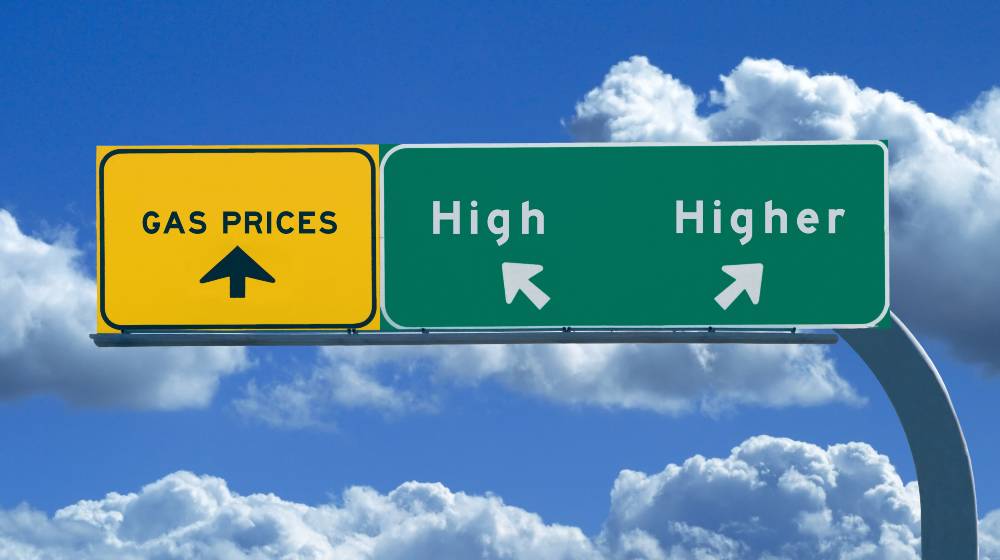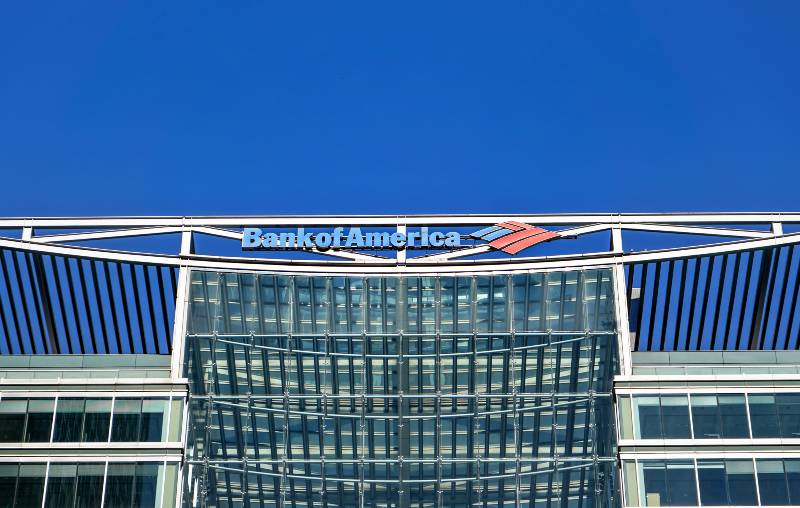Economy
You Think Fuel Costs Are High Now? Wait Til Next Year!

Every day Americans are feeling the crunch of high fuel costs. However, Bank of America thinks high gas prices are just getting started. By next year, it just might go 50% higher.
As of November, gas prices in the US reached seven-year highs at an average of $3.40 per gallon. California already endures $4 fuel prices due to their many taxes.
However, states such as Nevada, Washington, and Oregon are about to breach the $4 mark per gallon as well.
RELATED: Energy Crisis Worsens As Gas Prices Are Now $3.27 A Gallon
BofA: Brent Crude Could Go Up To $120 Per Barrel By June 2022

As a result, Bank of America is confirming its earlier prediction. In June, the firm’s analysts say that oil prices will zoom to $100 per barrel.
Francisco Blanch, Bank of America's head of global commodities, said many thought they were being negative. “Back then, people thought we were crazy. Now, here we are. We are generally still quite bullish,” Blanch said.
Now, Bank of America is anticipating that Brent crude oil, the international benchmark that drives fuel costs, will hit $120 a barrel by June 2022.
This scenario projects a 45% increase in prices compared to current but already-high prices. “It's very easy for prices to shoot up when demand conditions are tight like they are now,” Blanch remarked.
‘Cyclical Than Structural’
Not everyone agrees with Bank of America’s assessment. Pierre Breber, Chevron CFO, believes in the opposite. Oil prices are unlikely to remain high in the near future.
“This feels more cyclical than structural,” Breber said. In fact, oil prices are already tumbling down from their recent Wednesday highs.
US crude fell by 3% to end at $81 a barrel. Brent dropped some value by 2% amid rumblings ahead of this week’s OPEC meeting.
A continued rise in fuel costs will spell doom for the American economy. The country is already dealing with higher and longer than expected inflation.
This would squeeze businesses already dealing with higher raw material and supply chain expenses. In fact, the continued rise in fuel costs is making Americans feel bad about the economy.
Why is Bank Of America Bullish on Oil?
With natural gas prices rising even faster than oil, plus heavy demand from recovering economies, oil is in heavy demand.
The price of natural gas, which is equivalent to dealing with oil at $240 per barrel, will force some companies to switch to a less expensive alternative: oil. “That is paving the way to an even tighter market,” Blanch said.
While some people will similarly switch to cheaper energy if oil prices go out of control, this won’t happen soon. Bank of America doesn't think that current price levels are enough to make people switch.
“This demand recovery isn't going to break at $80, $90, or even $100 a barrel. Remember, everything else has gone up,” Blanch said. “I know $100 sounds expensive but it ain't that expensive in the context of things,” he added.
Supply Is Also Lagging
Meanwhile, US oil companies are taking their time in rejoining the ranks of top oil producers. Even as supplies are lacking, US oil firms are busy getting back their investments.
The firms, under pressure from Wall Street, are now spending their money on share buybacks and dividends.
US oil companies are under enormous pressure from Wall Street to show discipline after many years of overspending on expensive drilling projects.
They have heard that message loud and clear and are instead plowing money into share buybacks and dividends. As a result, companies are recording record profits.
ExxonMobil, Chevron (CVX), and others are reporting better than expected quarterly results.
Watch the Arirang News Center video reporting that oil prices may hover above US$ 100 a barrel in cold winter:
Do you believe that fuel costs will go up by next year? Do you foresee switching to alternative energy if this continues? Let us know what you think. Share your comments below.
















1 Comment
How is it, that a sitting President will cause his citizens undue hardship during a pandemic, and close venues to provide reasonable pricing of a commodity. He is not someone I’d ever follow as leadership. He shouldn’t have the power to alter anything on a commodity market.